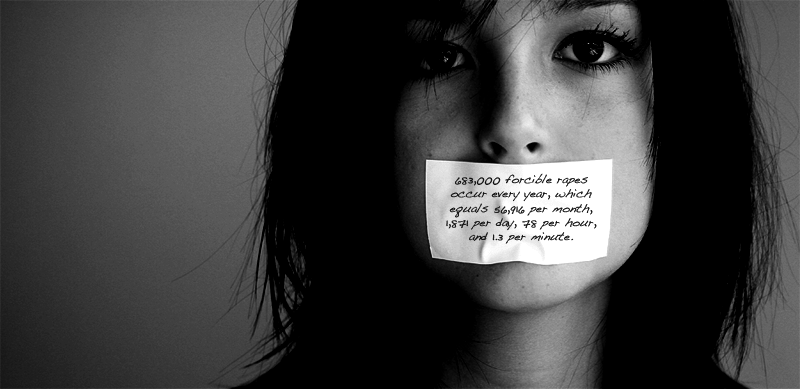TRIGGER WARNING This article or section contains information about sexual assault and/or violence which may be triggering to survivors.
Up until a few years ago, Jian Ghomeshi was known to many Canadians as a singer, musician and radio broadcaster. In 2014, he gained notoriety for a much more sinister reason. Ghomeshi faced 23 separate allegations of sexual assault. Despite the fact that there were multiple brave women who came forward with their stories, the court acquitted Ghomeshi due to insufficient evidence on March 24, 2016.
So what precisely is sexual assault? Sexual assault is any type of sexual contact or behavior that occurs without the explicit consent of the recipient. Falling under the definition of sexual assault are forced sexual intercourse, forcible sodomy, child molestation, incest, fondling, and attempted rape.
The recent acquittal of Jian Ghomeshi is not unusual as many defendants in sexual assault cases walk free, leading one to wonder if the criminal justice system is truly protecting those who it claims to protect.
The fact that cases like these end in favor of the accused does not necessarily mean that the assault never occurred, but rather that the prosecution could not prove it beyond a reasonable doubt. Sexual assault is extremely difficult to prove, partly because it isn’t usually a violent crime. Unlike domestic violence cases, there may not be any evidence of a physical attack, but even if there aren’t broken bones or bruises to photograph, the victim is always left with deep psychological trauma.
Moreover, police find it difficult to prove sexual assault because in many cases a long stretch of time has elapsed between the date the assault occurred and the date it was reported. The shame, self-doubt and PTSD a victim experiences after sexual assault can debilitate him or her to the extent that the victim will delay filing a report with the police. And when the victim has suffered rape, time is of the essence because there is a small window in which to gather the damning forensic evidence.
And finally, more often than not, sexual assault cases devolve into a “he said, she said” argument, leaving the burden to prove the assault occurred and that it was in fact unwanted and nonconsensual on the shoulders of the victim. For these reasons, 98 percent of sexual assault offenders never spend a single day in jail.
Abusers know this and thrive on the fact that they will likely never be caught or punished. In fact, most abusers spend time stoking the victim’s fears, encouraging self-doubt and self-blame, sometimes even convincing the person that she or he was always an active participant in the behavior. They understand that the way to evade punishment is by drilling into the victim’s mind that no one will believe her/him so it is better to remain silent.
The truth is that one in four girls and one in six boys have been sexually assaulted by the age of 18, yet roughly a third of these victims ever tell someone – including the police – about it. In communities of color, this percentage sits even lower. Put differently, sexual assault is one of the most underreported crimes, with a staggering 68 percent of sexual assaults never making it to the eyes and ears of law enforcement.
And so, a frequently asked question, by both critics and those who are genuinely trying to understand sexual violence and its complexities, is: why don’t victims tell and tell right away? Many times, they do come forward with their stories, but they’re not believed or are blamed for what happened. Other times, they tell and the legal investigation begins, a process so long- sometimes running into four or five years– and exhausting that it further traumatizes the victim. They are forced to re-live their sexual assault and endure the defense trying to malign them and find inconsistencies in their story. Sometimes the prospect of dealing with a draining investigation and trial is enough to silence the victim.
Most often though, it is fear that steals the victim’s voice. Fear of the abuser. Fear of causing stress to or bringing shame upon the family. Fear of how the religious community will react—with support or with condemnation of the victim. Sadly, many times victims refuses to report the crime because they do not understand what constitutes sexual assault and so don’t recognize themselves as victims.
As we embark on National Sexual Assault Awareness Month, it is important to think about the role we play as bystanders in making our communities safer for our victims. The next time you wonder why victims don’t tell or why many years passed before they did tell, remember Jian Ghomeshi and the grim reality that only 2% of sex offenders actually make it to jail. And remember that often times, the answer to “why don’t victims tell” is actually that they did. It’s just that they weren’t heard.
[separator type=”thin”]
Nadiah Mohajir is co-founder & executive director of HEART Women & Girls, a nationally recognized nonprofit that promotes sexual health and sexual violence awareness in faith communities.
Photo Source: womensilab






2 Comments